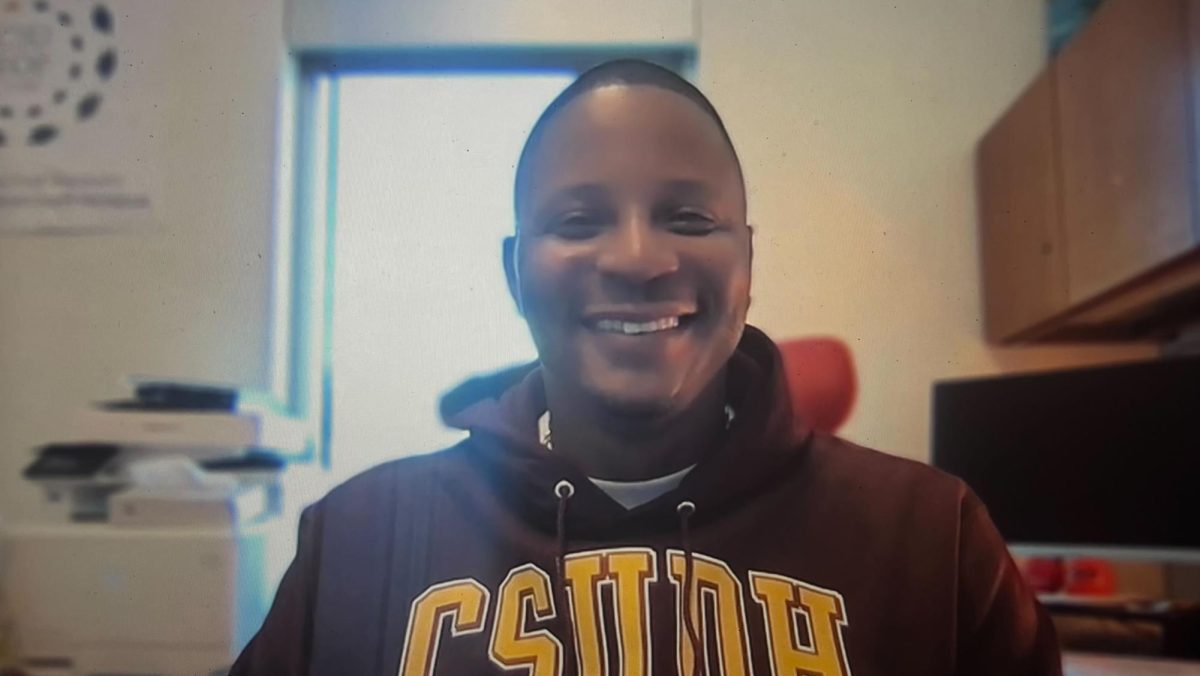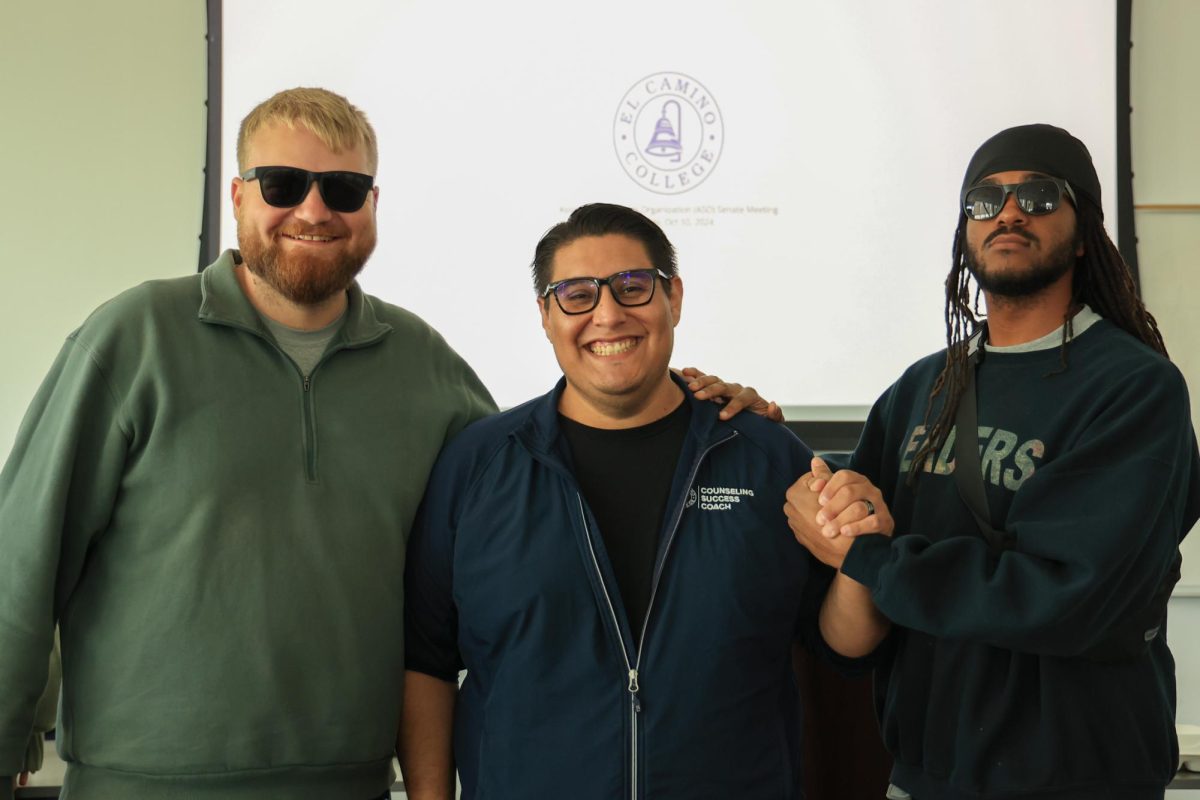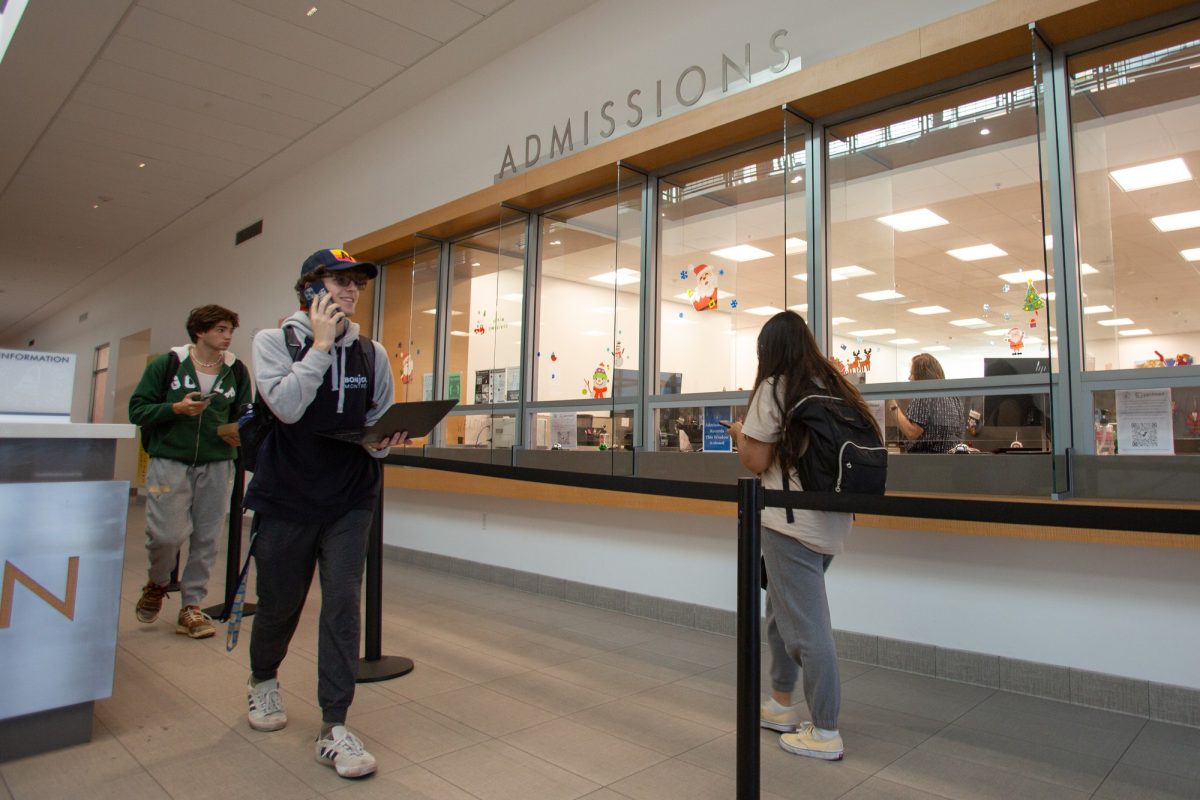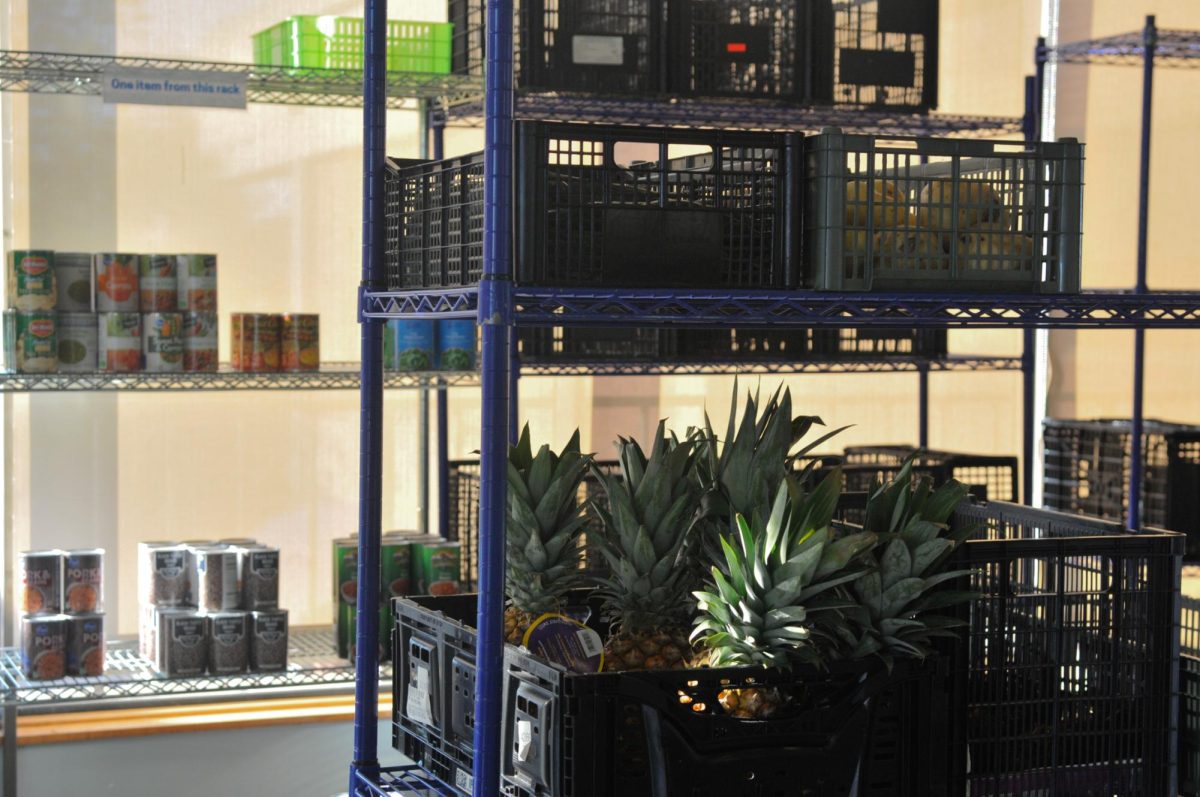In an effort to help students understand and retain what they learn in the classroom, the faculty and administration has been in the process of developing an evaluation and assessment plan known as Student Learning Outcomes.
The assessment plan is a four-stage process that involves the evaluation of both the student and the teacher to ensure that the student receives a meaningful education.
“What a Student Learning Outcome means, is what a student is able to understand at the end of a course or some learning experience,” Dr. Jenny Simon, ESL professor, said.
Simon and Dr. Lars Kjeseth, mathemathics professor, are faculty facilitators for the SLO process; Kjeseth could not be reached for comment.
The first stage of the SLO process is identifying a student learning outcome.
“For example, in English, the student will be able to write an essay analyzing a literary work, or in science, the student will be able to write a scientific report,” Simon said.
The second stage of the process entails the faculty designing and implementing an assessment plan.
“The faculty would get together with the student and make a rubric, which is the standard that applies to the outcome,” Simon said.
“In other words, it’s like a grading scale.”
The third stage of the process encompasses reflecting on the results of the assessment and drawing conclusions.
“This is where the faculty get together and reflect on the outcome and what they learned about their own teaching,” Simon said.
In the traditional grading system, the teacher gives the student a course grade to determine whether the student is successful or not, but in the SLO process, the teacher must evaluate his or her teaching methods as well.
“You’re taking the student’s grade and looking at yourself and saying ‘OK, I had a lot of “D”s, and this is what the students were having trouble with,” Simon said. “How can I address that area, what can I do better as an instructor?”
The idea behind the Student Learning Outcomes and the push for them came from the Accreditation Commission and its effort to incorporate the SLOs in every college in the country.
“In the standards that were developed for all two-year colleges in the Western states, they wanted to see all colleges develop student learning outcomes at the course level, the program level and the certificate level,” Dr. Arvid Spor, dean of enrollment services, said.
The SLO process is about accountability for all parties involved. The student will be able to master a particular subject, and the instructor will get the sense that the student understood what was taught to him or her.
“The important thing is making it meaningful, and not just an accreditation, so we have to do it,” Simon said. “This has to be an ongoing thing.”








